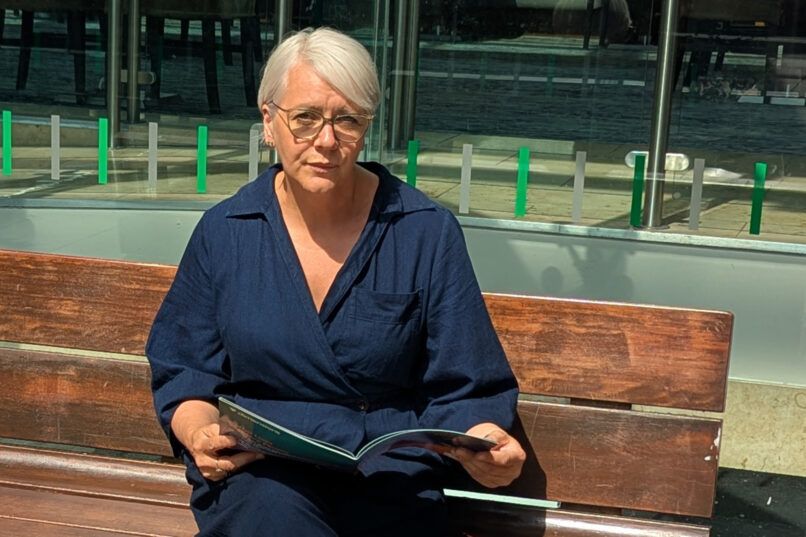Responding to the Care Quality Commission’s (CQC) The State of Health Care and Adult Social Care in England 2024-25 report, Rachael Dodgson, Chief Executive of Dimensions, said:
It is no surprise that this report finds that the workforce vacancy rate in adult social care is three times higher than in the wider job market.
The report says that social care workers are leaving the sector due to being overworked and undervalued.
Everybody agrees that pay is a fundamental issue. At Dimensions, we pay 94% of frontline workers Real Living Wage or above, and everyone else a rate above the National Living Wage.
We do this because we value our workforce, and we know it is one way to improve recruitment and retention. This means the people we support have continuity of care and support. Paying more is a tricky balancing act for a not-for-profit provider working in a sector subject to years of a lack of investment, due to inadequate government funding.
We need government action and while we welcome the Fair Pay Agreement, it will not take effect until 2028, and the £500m announced to support the FPA is a drop in the ocean. We need faster action and appropriate funding. The time to act is now..
The report also highlights longstanding health inequalities with some groups of people –including people with a learning disability and autistic people who are more likely to struggle with inflexible booking systems (e.g. eConsult, NHS App), lack of reasonable adjustments, poor communication and digital exclusion.
Strains within the social care sector are at risk of undermining progress made in recent decades, and moving back to an over-dependency on institutional and restrictive models of care. This is counter to the government’s national shifts from “hospital to community” and “sickness to prevention”. Supported living grew 46% in 2 years, but the report says quality remains inconsistent. Homecare services increased by 11%, but 28% are run by very small providers, raising concerns about financial resilience and continuity.
It is upsetting to read that reviews of people in long-term hospital found no discharge plans, lack of involvement in planning and other barriers including poor leadership, communication, and commissioning fragmentation.
The report recognises the need for inclusive commissioning, accessible information, and tailored communication. The “time and task” model remains the predominant approach to commissioning supported living. A narrow focus on inputs and hourly rates constrains flexibility and fails to take account of the added social value not-for-profit support providers deliver alongside people in their local communities. We urge a shift in commissioning approaches that focus on how to get the best individual and place-based outcomes from the available budget, whilst considering social value and contributions to the local economy.

